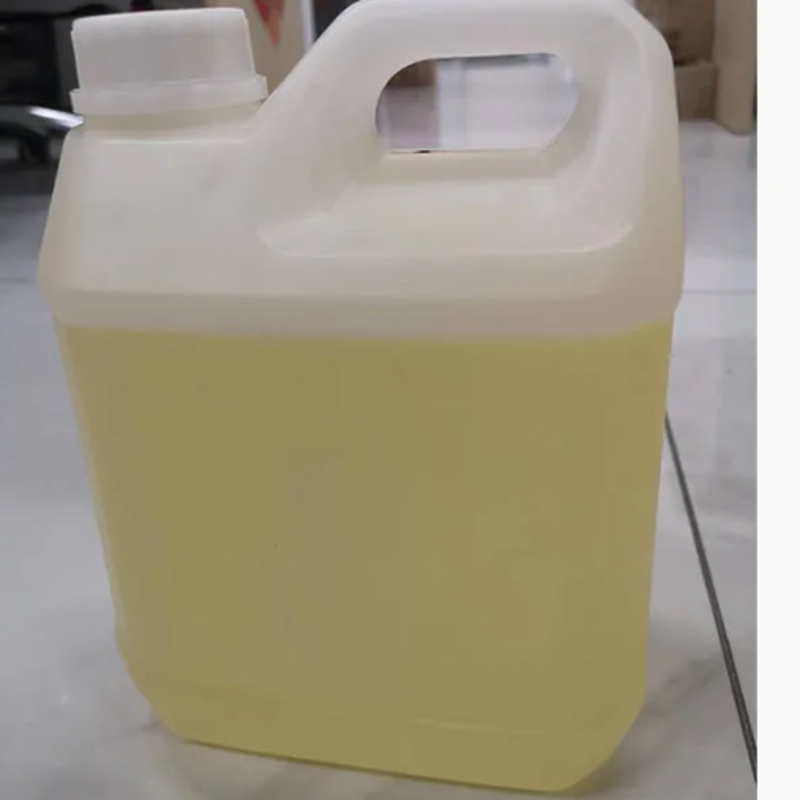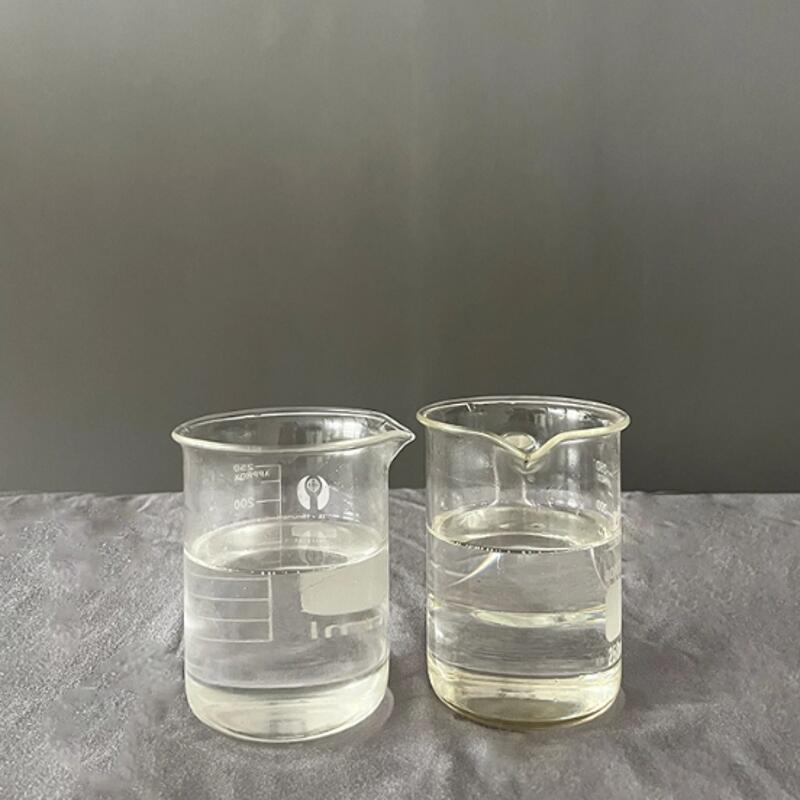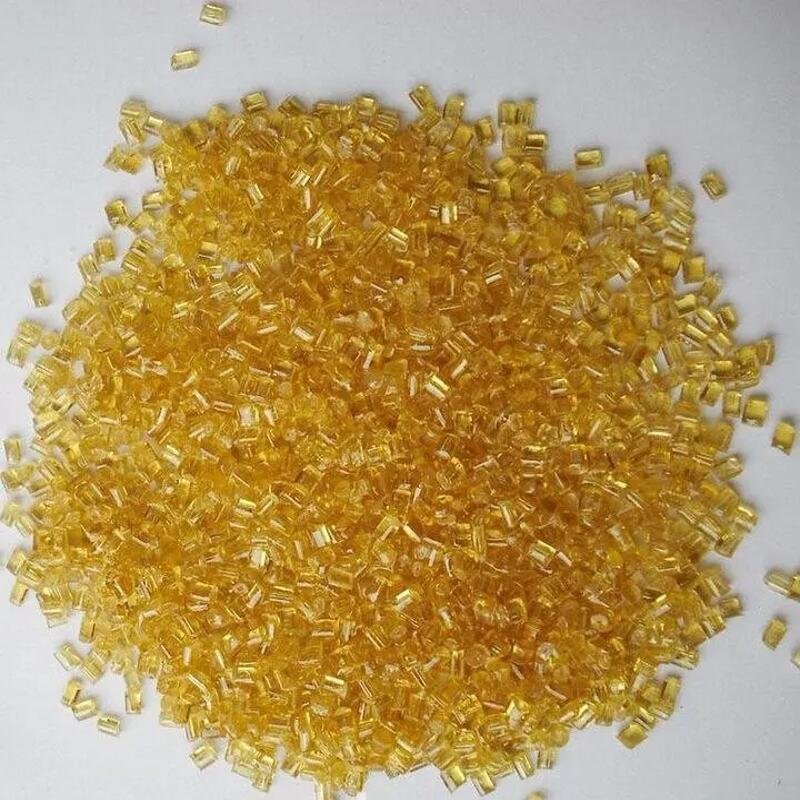-
Categories
-
Pharmaceutical Intermediates
-
Active Pharmaceutical Ingredients
-
Food Additives
- Industrial Coatings
- Agrochemicals
- Dyes and Pigments
- Surfactant
- Flavors and Fragrances
- Chemical Reagents
- Catalyst and Auxiliary
- Natural Products
- Inorganic Chemistry
-
Organic Chemistry
-
Biochemical Engineering
- Analytical Chemistry
-
Cosmetic Ingredient
- Water Treatment Chemical
-
Pharmaceutical Intermediates
Promotion
ECHEMI Mall
Wholesale
Weekly Price
Exhibition
News
-
Trade Service
New York state officials have announced that they will delay the ban on plastics, which was originally implemented on April 1, and will not enforce the ban until May 15
.
The postponement of the plastic ban means that New Yorkers can still use single-use plastic bags when shopping during the new crown virus epidemic
.
The American Renewable Plastic Bag Alliance (ARPBA) said in a statement earlier that plastic products, including single-use plastic bags and plastic bottles, play a key role in preventing the spread of bacteria and viruses, and the current extension of the ban on the epidemic The decision to enforce the plastic order is appreciated
.
The ban hits New York's small winery industry and the livelihoods of low-income residents
In fact, the New York State plastic ban was originally in effect from March 1 (some packaging, including prescription drugs, was exempt)
.
In order to help businesses and the public transition, the New York State government has announced a one-month delay to the enforcement period until April 1 to allow businesses to consume plastic bags that were previously in stock
.
The government then extended the enforcement period until mid-April, as local New York businesses filed lawsuits claiming they weren't ready enough for the ban
.
California and Hawaii have implemented plastic bag bans, but in New York, the state's plastic ban has been delayed due to intense lobbying by the plastic industry and concerns about the impact on the livelihoods of low-income residents
.
It is reported that New Yorkers consume approximately 23 billion single-use plastic bags each year
.
The new law seeks to quickly turn to alternatives: Merchants offering paper bags to customers will be charged a 5-cent eco-friendly fee; or merchants offering reusable eco-bags that can be used at least 125 times
.
Authorities also said the ban would have an indefinite grace period
.
Once fully implemented, merchants will be warned if they violate the ban for the first time, and will be fined $250 if they violate the order again
.
Frank Garcia of the Latino National Chamber of Commerce said at a recent protest at City Hall that the implementation of the plastic ban would hurt many of New York's small wineries
.
"They won't survive," he said
.
There are about 13,000 wineries in New York City, and many are scrambling to find alternatives before the plastic ban goes into effect
.
Due to the fundamentally insufficient supply of paper bags, some merchants have no bags available
.
It is reported that New York's plastic ban has made a series of exemptions
.
Examples include single-use plastic bags for fresh fish and meat, bulk vegetables or grains, newspapers, dry cleaning services, and food delivery and delivery
.
New Yorkers can still buy plastic trash bags, which may instead lead to an increase in sales, according to reports
.
Japan's first single-use plastic bag ban is affected by the epidemic or delayed
Affected or delayed by the epidemicThe Kameoka City Council in western Japan's Kyoto prefecture issued a plastic ban on Tuesday, barring local retailers from providing consumers with single-use plastic shopping bags, whether for free or for a fee, the first such measure in Japan
.
.
The ordinance of Kameoka City, Kyoto Prefecture is scheduled to take effect on January 1, 2021
.
The decree will also ban the supply of paper bags and other biodegradable bags
.
.
The decree will also ban the supply of paper bags and other biodegradable bags
.
Violators will face regulatory inspections and warnings, and from June 1, 2021, a list of businesses not complying with the ordinance will be made public
.
.
The Kameoka city government was set to bring the ordinance into effect in August, but the date was pushed back after businesses sought a grace period
.
.
It is reported that if the new coronavirus epidemic continues, the city government will consider further delaying the implementation date
.
.
In addition, from July this year, the Japanese government will require retailers across the country to charge consumers for plastic shopping bags
.
.
Hainan's first batch of "plastic ban" list released, will be implemented from December 1 this year
Hainan's first batch of "plastic ban" list released, will be implemented from December 1 this yearHainan Hainan Provincial Department of Ecology and Environment recently issued an announcement to clarify that the "List of Disposable Non-degradable Plastic Products Prohibited from Production and Sale in Hainan Province (First Batch)" (hereinafter referred to as the "List") has been approved by the Provincial People's Government and will be released in December 2020.
Effective from the 1st
.
The "List" includes 2 categories of disposable non-degradable plastic bags and tableware, and 10 small categories of disposable non-degradable plastic products into the scope of plastic prohibition, and explicitly prohibits the production, sale and use of disposable non-degradable plastic products in the form of a negative list.
Types, mainly including: containing polyethylene (PE), polypropylene (PP), polystyrene (PS), polyvinyl chloride (PVC), ethylene-vinyl acetate copolymer (EVA), ethylene terephthalate (PET) and other non-biodegradable polymer materials for disposable films, bags and tableware
.
Effective from the 1st
.
The "List" includes 2 categories of disposable non-degradable plastic bags and tableware, and 10 small categories of disposable non-degradable plastic products into the scope of plastic prohibition, and explicitly prohibits the production, sale and use of disposable non-degradable plastic products in the form of a negative list.
Types, mainly including: containing polyethylene (PE), polypropylene (PP), polystyrene (PS), polyvinyl chloride (PVC), ethylene-vinyl acetate copolymer (EVA), ethylene terephthalate (PET) and other non-biodegradable polymer materials for disposable films, bags and tableware
.
4 types of film bags:
4 types of film bags:Shopping bag: refers to the bag products that meet the requirements of the "GB/T 21661-2008 Plastic Shopping Bags" standard and are used for holding and carrying goods in sales and service places, mainly including daily use vest bags and other plastic bags with lifting openings
.
.
Daily-use plastic bags: refers to the non-lifting bag products such as continuous roll bags and flat bags made by heat sealing or gluing that meet the requirements of the "GB/T 24984-2010 Daily-use Plastic Bags" standard, mainly including Supermarkets are used for non-lifting plastic bags such as continuous roll bags and flat pockets for bulk goods
.
.
Paper-plastic composite packaging bag: refers to a lightweight packaging bag that meets the requirements of the "BB/T 0039-2013 Commodity Retail Packaging Bags" standard and is used for carrying retail commodities.
, Takeaway package
.
, Takeaway package
.
Garbage bag: Refers to the plastic garbage bag that meets the requirements of the "GB/T 24454-2009 Plastic Garbage Bag" standard and is made by heat sealing or gluing
.
.
6 categories of tableware:
6 categories of tableware:Refers to utensils intended for dining or similar purposes that meet the standard of "GB18006.
1-2009 General Technical Requirements for Plastic Disposable Tableware", including disposable lunch boxes (with lids), bowls (with lids), plates, plates, drink cups (including cover), straws, etc.
, mainly involving the catering and takeaway industries
.
It is important to point out that the prohibited film bags and tableware do not contain pre-packaged goods
.
Pre-packaged products such as instant noodles, jelly, yogurt,
etc.
1-2009 General Technical Requirements for Plastic Disposable Tableware", including disposable lunch boxes (with lids), bowls (with lids), plates, plates, drink cups (including cover), straws, etc.
, mainly involving the catering and takeaway industries
.
It is important to point out that the prohibited film bags and tableware do not contain pre-packaged goods
.
Pre-packaged products such as instant noodles, jelly, yogurt,
etc.
It is reported that the current requirements for alternatives mainly include reusable products, fully biodegradable plastic products, cloth products, paper products and biomass products (including bagasse, bamboo fiber and starch),
etc.
It should be emphasized that biomass products must not contain non-degradable plastic components, otherwise it will not meet the regulations
.
etc.
It should be emphasized that biomass products must not contain non-degradable plastic components, otherwise it will not meet the regulations
.
In addition, in order to facilitate the public to identify in the process of daily use, Hainan Province is about to issue the "General Technical Requirements for Fully Biodegradable Plastic Products", which will make conceptual specifications for fully biodegradable plastics and their products, and guide relevant production and sales enterprises to comply with the above Standard production and sales activities
.
All biodegradable plastic products produced and sold in Hainan are required to be marked with an electronic supervision code (QR code) and a mark of product ingredients on the product packaging
.
.
All biodegradable plastic products produced and sold in Hainan are required to be marked with an electronic supervision code (QR code) and a mark of product ingredients on the product packaging
.







